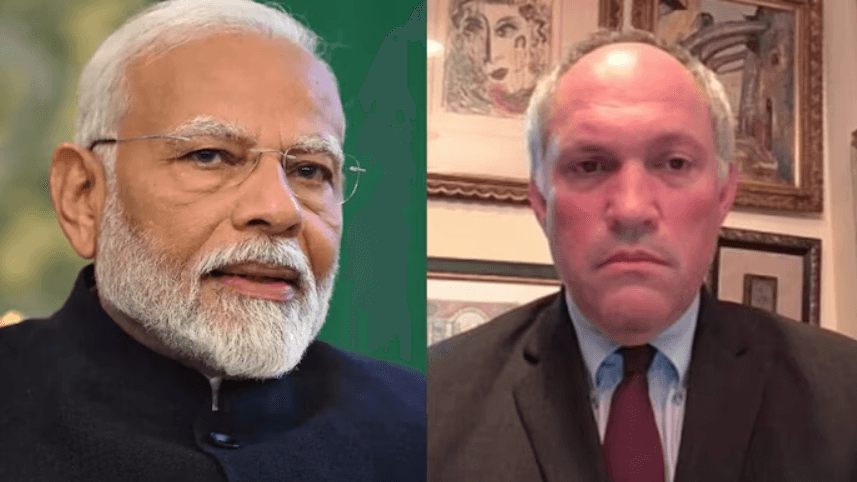1. A Defining Diplomatic Turn
Former Pentagon official Michael Rubin has declared that Prime Minister Narendra Modi’s recent stand marks the moment when “the US truly learnt it can’t kick India around.” This remark comes amid escalating tensions between New Delhi and Washington over trade and energy, and Rubin’s assessment frames the episode as a possible turning point in US–India relations. It underscores India’s growing assertiveness on the world stage.
2. Energy Hypocrisy and Sovereign Rights
At the core of the dispute is energy policy. Rubin criticized the United States for what he calls double standards—importing uranium hexafluoride and strategic minerals from Russia while criticizing India for its own sourcing. According to him, India is justified in defending its sovereign right to energy security. He predicts that after the current tensions subside, US–India relations could actually emerge stronger and more resilient.
3. Revisiting Trump’s Diplomatic Lens
Rubin’s comments also took aim at former US President Donald Trump, describing him as “a businessman used to horse-trading” who does not fully grasp how a flawed peace deal can set the stage for future conflict. Rubin also suggested that Trump’s ambition to win the Nobel Peace Prize colored his approach to diplomacy, risking transactional compromises over long-term stability.
4. Pakistan’s Nuclear Posturing: A Legitimacy Crisis
Perhaps most strikingly, Rubin criticized Pakistan’s military leadership, describing Army Chief General Asim Munir as “Osama Bin Laden in a suit.” He argued that no concessions would alter the entrenched ideology of Pakistan’s security establishment. Rubin warned that Pakistan’s repeated nuclear threats have undermined its legitimacy as a sovereign state, and that future administrations may be forced to secure Pakistan’s nuclear arsenal to prevent catastrophe.
5. Trade Tariffs, Weapons, and Rising Tensions
The present diplomatic strain has been compounded by trade disputes. President Trump’s decision to impose tariffs of up to 50% on Indian exports, citing India’s continued purchases of Russian oil, triggered significant fallout. Reports suggested that India had paused plans to procure US defense systems, though New Delhi has publicly dismissed such claims as unfounded.
6. Historical Echoes: From Indira to Modi
This moment recalls past episodes in Indian diplomacy. In 1971, Prime Minister Indira Gandhi famously told US President Richard Nixon that “India is a friend, not a boss,” defying pressure at a critical geopolitical juncture. Analysts see Modi’s current stand in a similar light, though the political verdict—whether it is remembered as a moment of “never compromise” or derided as “Narendra Surrender”—will depend on how events unfold.
What This All Means: A Strategic Pivot
Rubin’s remarks point toward a significant recalibration:
- India is reaffirming its sovereign right to set policy on trade and energy.
- While US–India ties face strain, there is potential for a deeper, more balanced partnership in the future.
- Pakistan’s extremist tilt and nuclear brinkmanship are moving from theoretical concerns to immediate strategic risks.
- The question of legitimacy—both for nations and their leaders—is becoming central to international decision-making.
Looking Ahead
Whether this episode becomes the foundation for a stronger Indo-US alliance or the start of a long-term drift remains to be seen. What is certain is that this moment will be remembered as one where India refused to be pressured, potentially reshaping global geopolitical dynamics for years to come.
Ask ChatGPT

